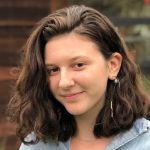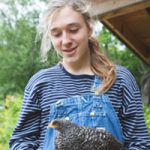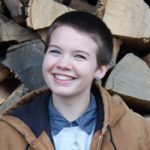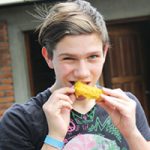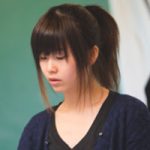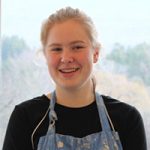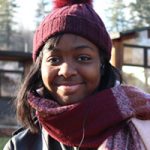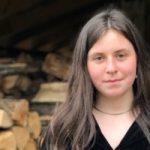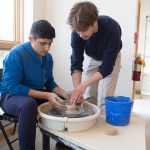Winter Study
Winter Study Electives
During the winter term, Buxton offers an array of intensive six-week classes to further enrich students’ educational experience. These courses emphasize integrated learning, hands-on experience and team-teaching. Listed on this page are the 2024 Winter Study courses.
Students will work with Fusion360 to learn the fundamentals of 2D and 3D modeling. Students will be encouraged to work across mediums and create sculptures/pieces that push the limits of the materials they are working with. This class will require 100% attendance and will demand significant lab work outside of class.
This class is for creative writers who are interested in learning how to edit, design, and print their own books. Class time will be devoted to creative writing, exploring DIY publishing, and learning printmaking and bookmaking techniques. We will meet with local publishers and learn about their work. Projects will include students printing their own books and launching aBuxton literary magazine!
This class will be a meditation on death and grieving rituals. We will have visiting artists and scholars come visit the class whose practices engage with death. There will also be visits with people working in various aspects of the death industry (death doulas, hospice workers). We will discuss various grieving practices and traditions of connecting with the dead and dying. For so many, death is a terrifying and taboo subject. We hope to create a space where we can demystify this universal fact of life and share our own experiences/fears/hopes surrounding death and grief. No experience is necessary, just an openness and willingness to engage. There will be a few short readings. Attendance is essential.
Throughout winter study, we will be putting together a musical and performing it at the end of the term! We will explore and practice the arts of singing, dancing, and acting as we build the production. We will choose the musical based on the number of students interested, and auditions will be held to determine roles—if you sign up, you should expect to be cast. Attendance will be absolutely essential, and there may be a need for some extra rehearsals outside of class, particularly in the week leading up to performance.
This class will be taught as an upper-level Art History elective. Students will work to gain the skills necessary to respond to and think critically about artistic objects in the museum setting. In this class, we will travel to local museums to spend extended time with singular works of art. The class will place this piece in a historical context and respond to the piece in various mediums. This class will require a significant amount of in-class writing.
This upper-level class will explore the relationship between the Israeli and Palestinian narrative through documentary film, various historical documentation, and literature. We will look at how social, historical, and geo-political processes shape each and differing narratives and discuss self-representation, there presentation of the Other, the relationship to land, diasporas, and the narratives of nation-building. This will be a discussion-based class in relation to film screenings, reading reflections, in combination with other forms of art/mixed mediums.
This class will explore our food systems to compare the different ways food gets to our table. We will look at the development of industrial agriculture, its effects on the environment and our health, how food is distributed and varies in its accessibility, and, more generally, how agriculture helps define our relationship to food. Accordingly, we will look at “alternative” means of food production, focusing on small scale regenerative agriculture, whole systems thinking, and permaculture principles. We will source materials from various, and at times, opposing perspectives to reflect on the fundamental question of how we go about feeding the global populace, to include articles, documentaries, and talking with local farmers. Additionally, throughout this course, we will engage in practical demonstrations, and community engagement to comprehend the real-world applications and impacts of regenerative agriculture, both for the Buxton community and our external community. You can expect to do a fair amount of reading to prepare for inclass discussion, though our coursework will most likely remain in class and project based.
